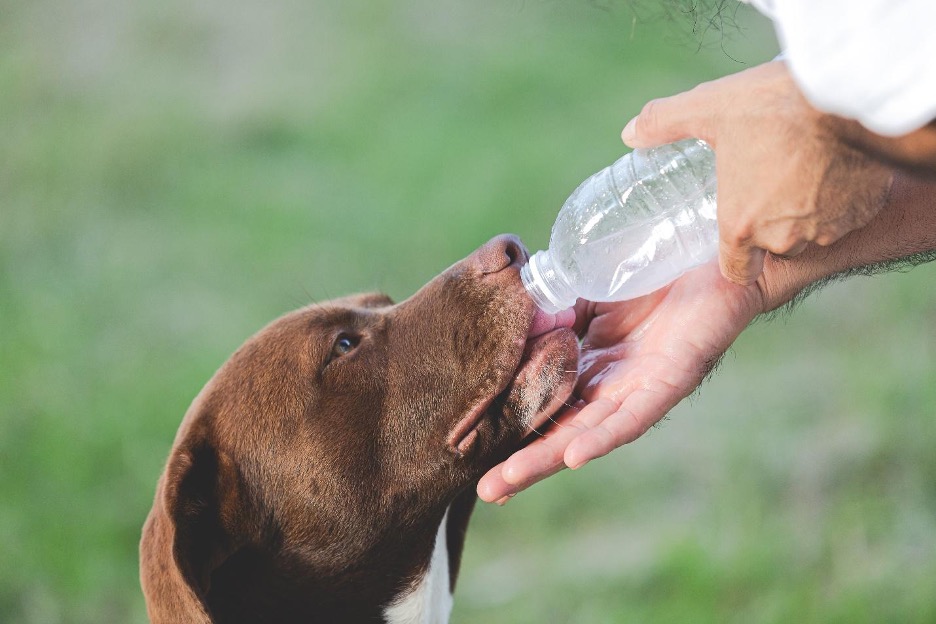
You open the tap, and you have clean water running. Do not take this for granted. It has been a quest full of obstacles for humanity to achieve this. Civilizations that failed in this process vanished.
Municipal water, also known as tap water, is supplied through underground pipes. Therefore, it is less clean than filtered water, but it still has high standards. It goes through treating procedures to become drinkable and match the requirements of the Environmental Protection Agency.
However, our standards are higher. Most of us use municipal water for cooking, cleaning, bathing, or watering our plants. In this case, how important is it to have a water filter?
How Dangerous Is Water?
There are over 90 contaminants in water. Treatment can cure only 99% of those dangerous substances in water. In the U.S., water is available through the tap, filtration devices, or bottled.
Which one is best for your pets?
Remember, it is just as important for our pets to drink healthy water as it is for us. As a matter of fact, fluids are highly important in veterinary medicine. This is because liquids are good for curing illness. For instance, kidney diseases and bladder dysfunctions.
- Tap Water
It contains toxins, minerals, and heavy metals that can affect your pet’s health. Discover more facts about municipal water on: https://waterestore.ca/collections/city-and-municipal-water. Believe it or not, municipal water can also influence your hairstyle!
- Bottled Water
This source of water has just as many haters as tap water. Besides, you are exposed to more harmful toxins because of plastic.
- Alkaline Water
The pH of water has an impact on the gastrointestinal and urinal system of our pets. For example, an alkaline pH is more likely to lead to kidney and bladder stones.
- Hard Water
Several studies conducted by WHO showed that hard water could reduce the risk of gastrointestinal and cardiovascular problems in people. It is high in calcium and magnesium and strengthens the skeleton.
Overall, your pet should be able to drink the same water as you. If you feel safe drinking tap, filtered, or bottled water, that is the best alternative for your darling. Pet owners are responsible for the food intake of their companions and their water consumption.
However, the same rule applies for both pets and humans, regardless of the type of water they choose: Stay hydrated!
What Is “Safe Water” for Children?
Generally speaking, and according to pediatricians, the best water for your children is milk.
When it comes to children, the relationship with water is a bit complicated. Infants need fluoride supplements in their first years of life. If municipal water in your area contains at least 0.7 ppm (parts per millimeter), you and your kids should be safe. In fact, some doctors recommend tap water recommended for children instead of bottled water or well water that contains more nitrates.
It is best to go for high-quality bottled water if you live in areas that do not provide clean municipal water. Now, the question is, should it be distilled, mineralized, or purified?
- Mineral water is raw and is richer in calcium and magnesium.
- Purified water goes through a system to remove impurities.
- Distilled water is filtered water that undergoes another extra process. The purpose of this procedure is to eliminate all metals from the water. Manufacturers claim that it is “the safest and cleanest water.” In reality, it takes away all the minerals from the water, including magnesium and calcium.
Water Tastes Bitter-Sweet
After all, no one can know for sure what is in the water we are drinking, cooking with, washing with, or giving to our beloved. So water will always have a sort of mystery around it. But, most importantly, you have to choose the water that feels the safest for you and your family. Filtered water can be safer, but it can also lose a lot of its beneficial properties.
Bottled water is just tap water wearing a plastic coat.
Basically, municipal water is filtered, bottled, and sent to the supermarket.








Pingback: Keeping Your Pet in Perfect Shape: 7 Environmental Threats to Your Pet’s Health | My Beautiful Adventures